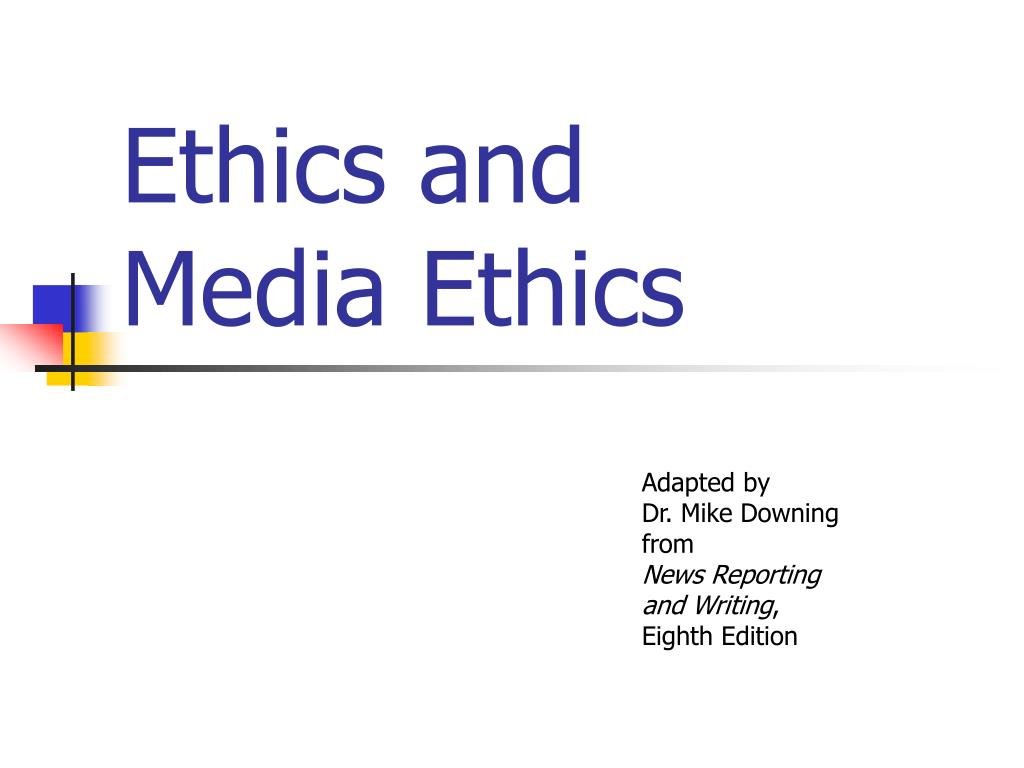In recent weeks, the media landscape was awash with speculation and commentary regarding Princess Kate’s noticeable absence from a series of public events. A flurry of narratives emerged, ranging from baseless rumors to outright insensitive jests, all attempting to fill the void left by a lack of official information. This speculative frenzy came to an abrupt halt when it was revealed that Princess Kate had been undergoing treatment for cancer, a deeply personal battle she chose to keep private until discussions with her family over the Easter break were possible.
The revelation served as a stark reminder of the human cost of unfounded speculation and the ethical responsibilities that accompany journalistic endeavors. In light of this, several media outlets have issued apologies for their prior coverage, acknowledging their role in perpetuating narratives devoid of empathy or factual basis.
This incident underscores a broader issue within our current media ecosystem: the blurring lines between responsible journalism and sensationalism. The rush to fill news cycles often comes at the expense of accuracy and sensitivity. In Princess Kate’s case, what was missing from much of the early reporting was not just respect for her privacy but an adherence to journalistic integrity—a commitment to truth over conjecture.
Moreover, this situation highlights how public figures are often dehumanized in the pursuit of headlines. Behind every story we read are individuals navigating life’s challenges—challenges that deserve compassion rather than intrusion.
As we reflect on this episode, it is crucial for both media professionals and consumers alike to advocate for a more principled approach to journalism—one that prioritizes evidence-based reporting and maintains respect for individual dignity above all else. It is through such practices that we can foster a healthier public discourse, one marked by understanding rather than sensationalism.
Moving forward requires not only apologies from those who erred but also collective introspection about how we engage with news about public figures’ personal lives. It calls for embracing centrist values like civil discourse and institutional integrity in our daily consumption and dissemination of information.
Princess Kate’s ordeal serves as a poignant lesson in empathy and ethics amidst our increasingly polarized media landscape. Let us take this moment not just as an occasion for reflection but as an impetus towards cultivating a more respectful and dignified public dialogue—an endeavor worthy of our continuous effort.

Leave a Reply